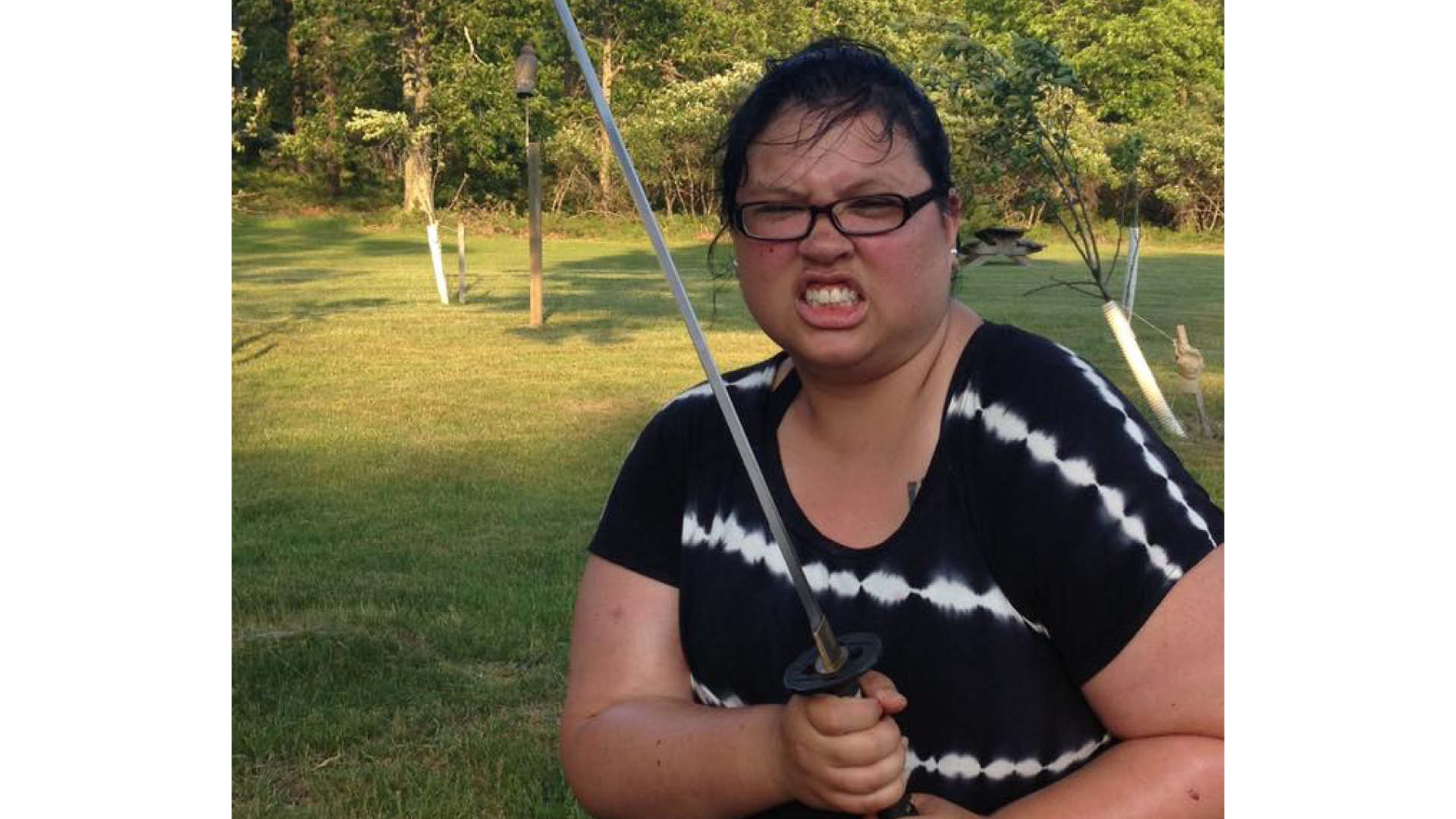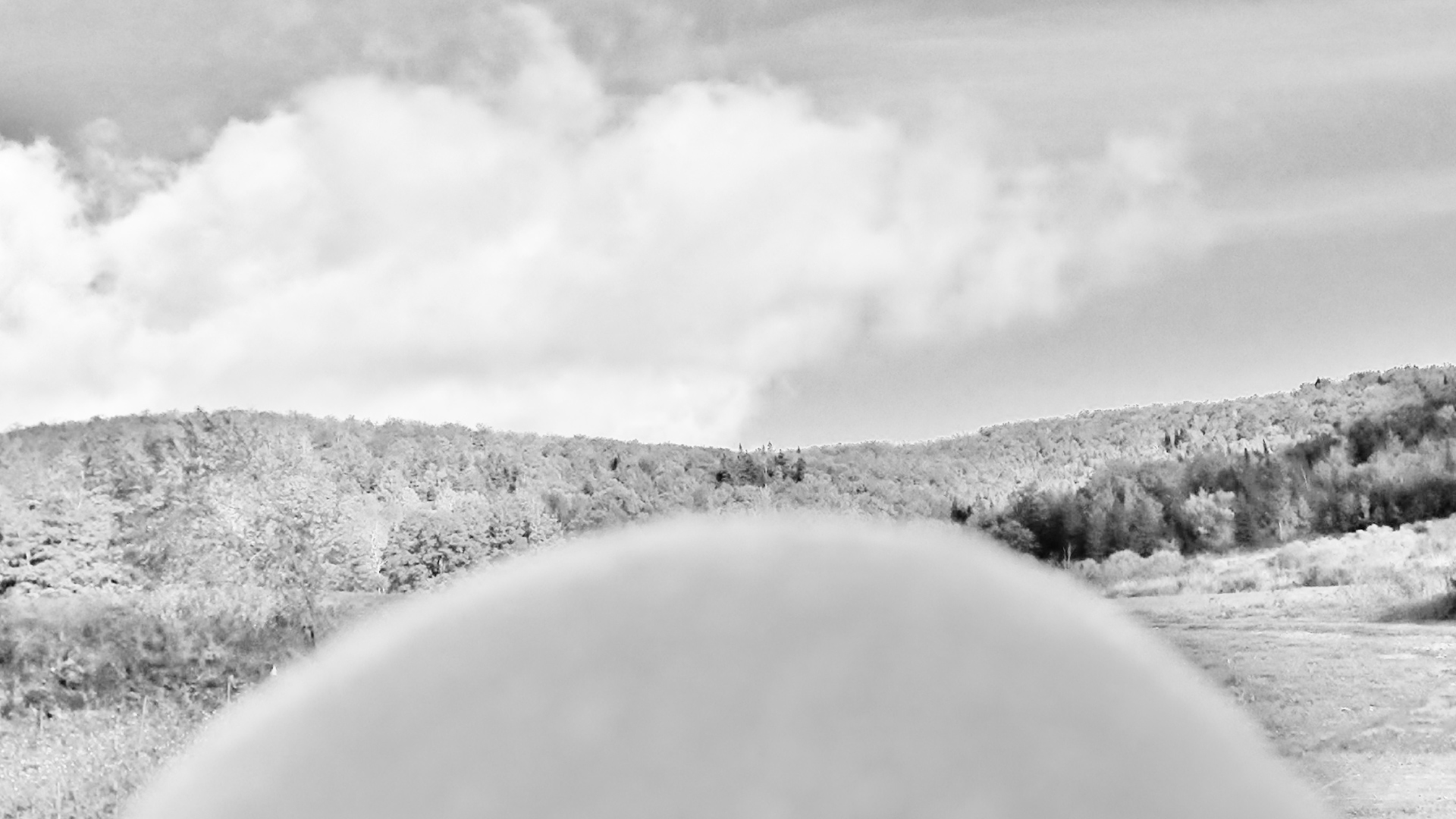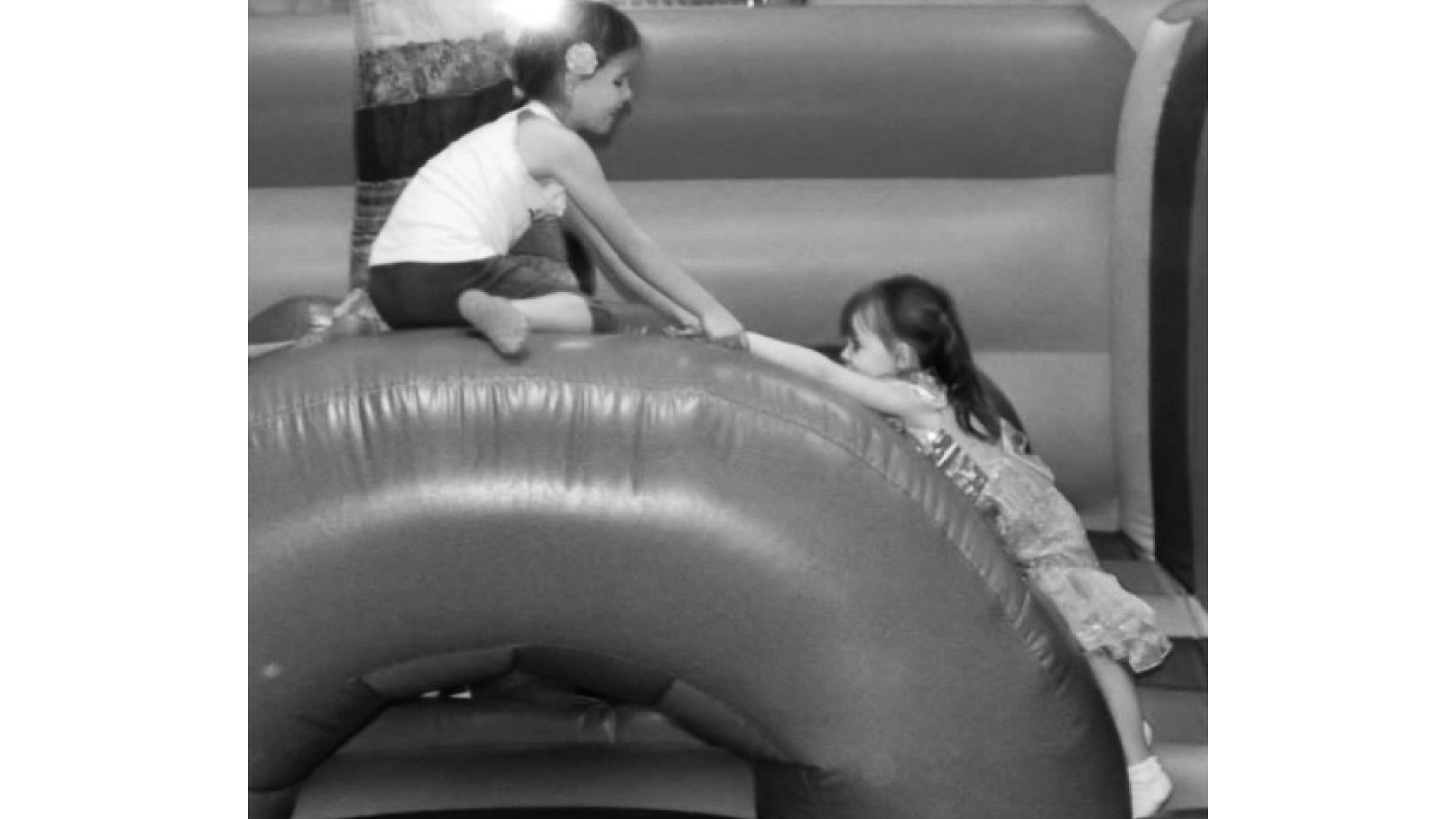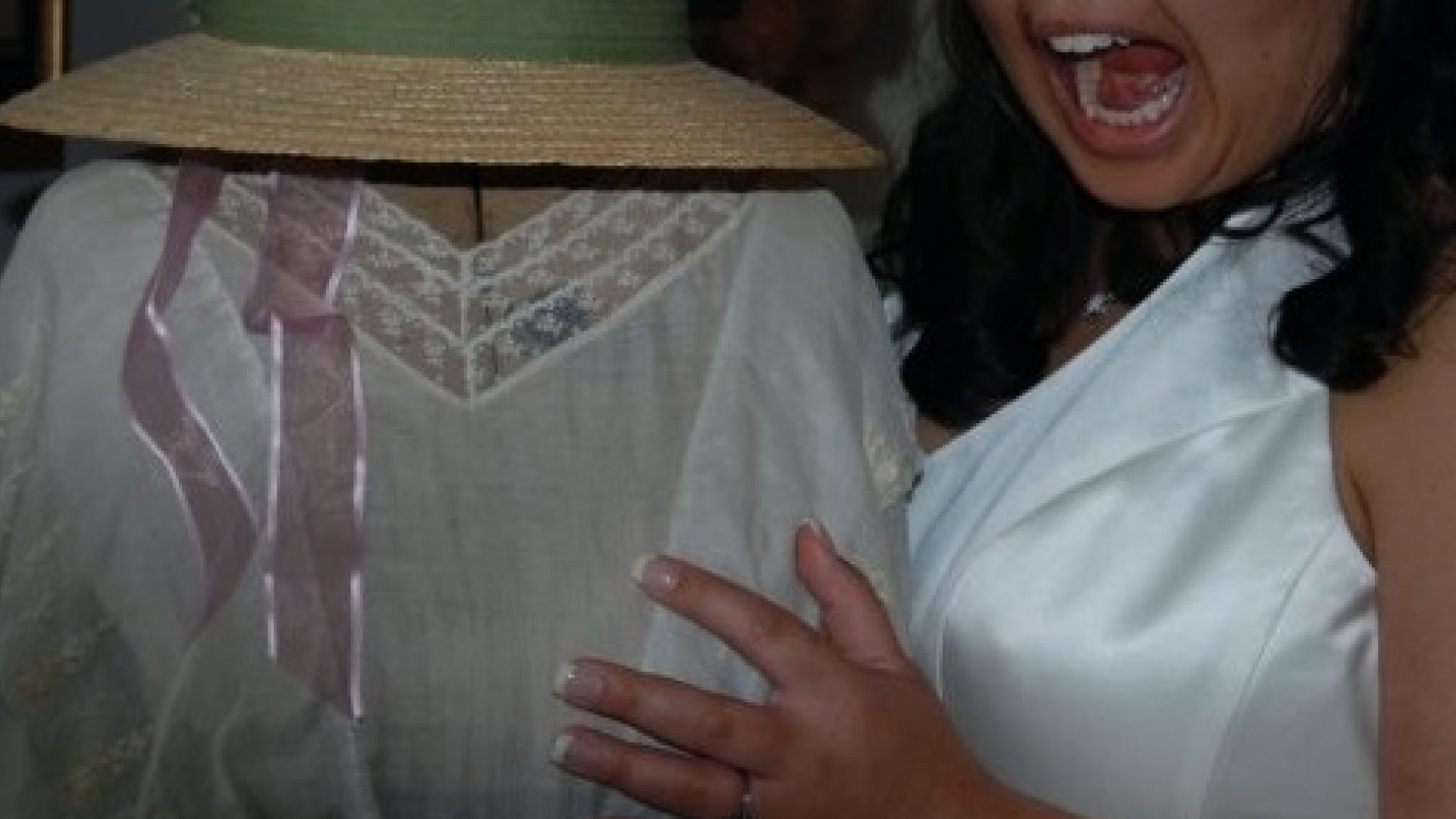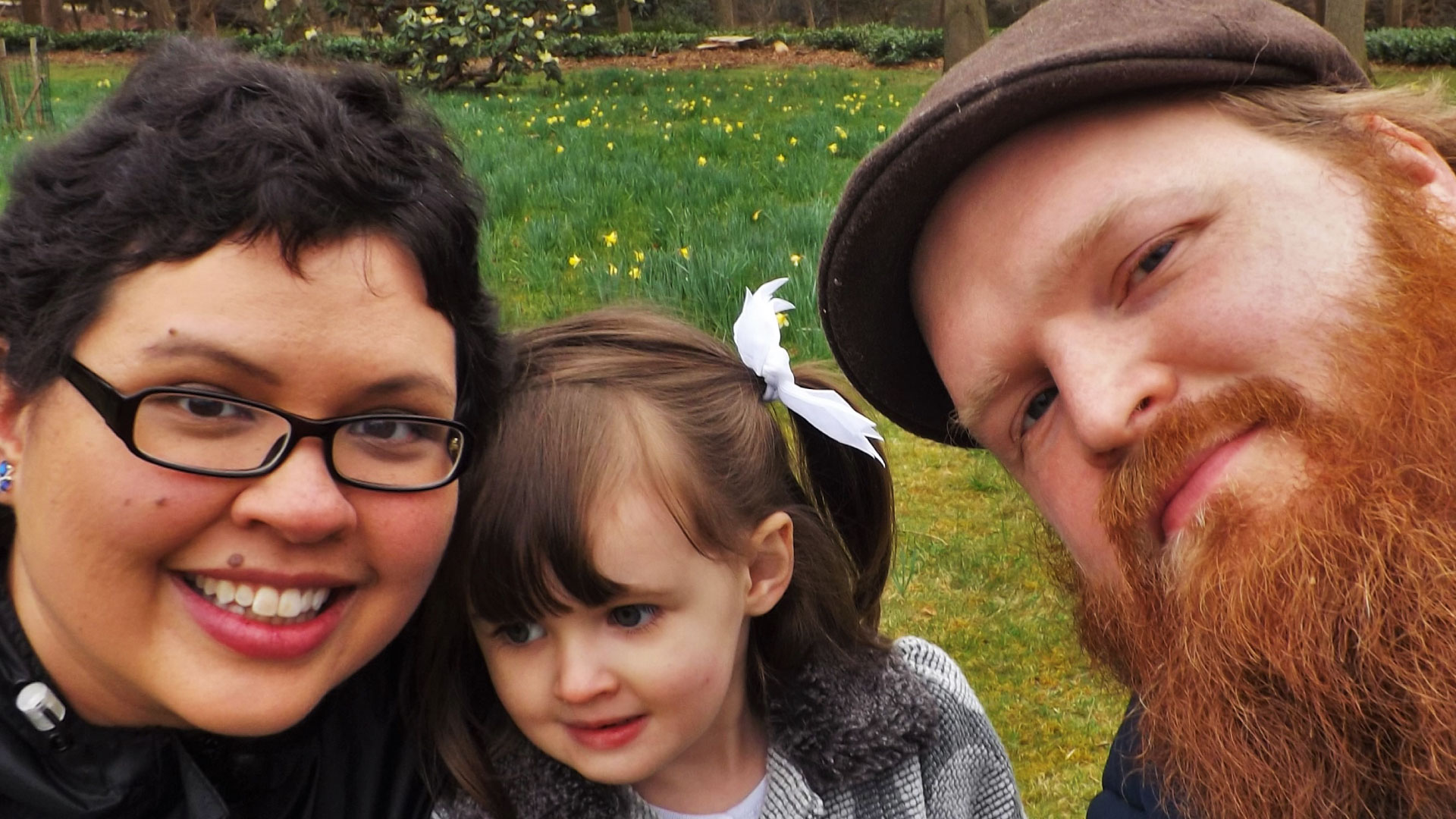My husband is a notoriously quirky gift-giver. For my birthday this year he bought me a weekend at a zombie apocalypse survival camp because I am a huge fan of the television series The Walking Dead.
But I can’t really call myself a die-hard fan of the show because I actually didn’t start watching it until I began treatment for cancer in 2014. During the time I was on chemo, I didn’t have energy for much else besides watching television, and I very quickly ran through episodes of my regular favorites.
At the recommendation of my friend Carmen, I started watching the show, and it made me feel alive. Watching this group of ordinary people who were suddenly thrust into a situation where they had to literally fight for their lives to survive in a new and unpredictable world where the odds were against them inspired me.
It made me hopeful to see the characters on the show continue to face despair, setbacks, and imminent death, and yet they continued to fight for their lives and the possibility of a return to a life that offered a stable future for themselves and their families.
The Walking Dead inspired me and taught me some important lessons that helped me face my own personal apocalypse…
Get ready for a fight.
When you have been diagnosed with a chronic or long-term illness, you have to prepare yourself for the fight ahead. What you are facing, the changes you have to make in your life, the surgeries and treatments you have to endure, require mental preparation and fortitude.

Keep faith in humanity.
Sometimes when you endure a series of unfortunate events, the world starts to look like a terrible place. But if you try, you’ll find there are always good people ready to do good deeds, and where there is life there is hope.

Look around and see what really matters.
When you feel like you’re starting to lose everything, look around yourself and count all the things you’ve got left. Even in times of crisis and scarcity, you might surprise yourself with the abundance in your life.

The disease is inside all of us.
The biggest idea I had to take on board when I was going through my treatment was my own mortality. It’s something every human has, and we can never completely escape it. It was very liberating to really admit this limitation.

Appreciate the moments of calm.
Learn to love the boring, uneventful parts of your day. The restful moments when you can just concentrate on breathing.

Allow your sword to be sharpened by your circumstances.
Michonne is my favorite character on the show. She was just a working mom and a wife before the apocalypse. Due to her circumstances–the tragedy after tragedy she experienced–she has become one of the strongest, most unstoppable survivors on the show.

You survive one second, one minute, one hour, one day at a time.
When something seems unbearable, try to endure it for a second, ten seconds, half a minute, a minute…When handled in small increments, difficult tasks become easier to deal with.

Make room for the pain.
You can’t escape the past. Acceptance of the good and the bad things that have happened in your life is a choice you make, and it can help you understand the lessons you are meant to learn.
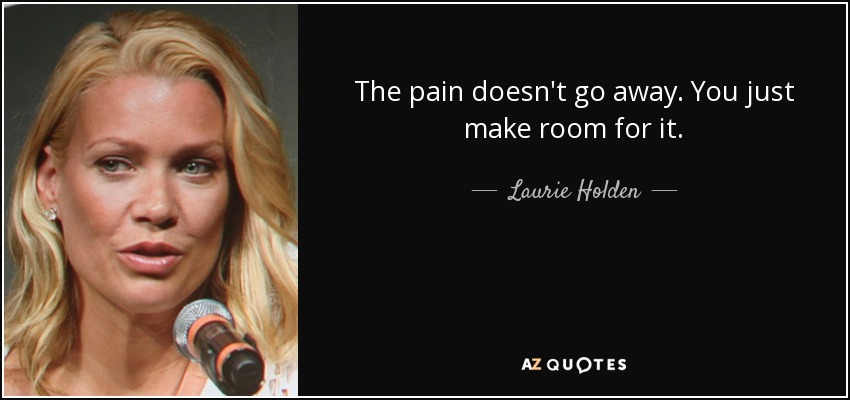
Don’t hold back.
Don’t hide your feelings from yourself or your loved ones. Tell them how you feel. Speak your truth in the now because it’s the only thing that’s certain.

I ended up leaving zombie apocalypse survival camp early because the sleeping accommodations were uncomfortable, and I couldn’t take another night of restless sleep. I don’t think the people running the camp or the people attending the camp thought my behavior was very becoming of a “survivor,” but they didn’t know me or my life; how much I’ve survived already, and how much I think about surviving every day.
And when I rejoined my family, and we drove off into a clear New Jersey morning, north, towards Vermont, I knew I would always be ready for whatever was coming next.
links via here, here, here, here, here, here, here, here, and here.


